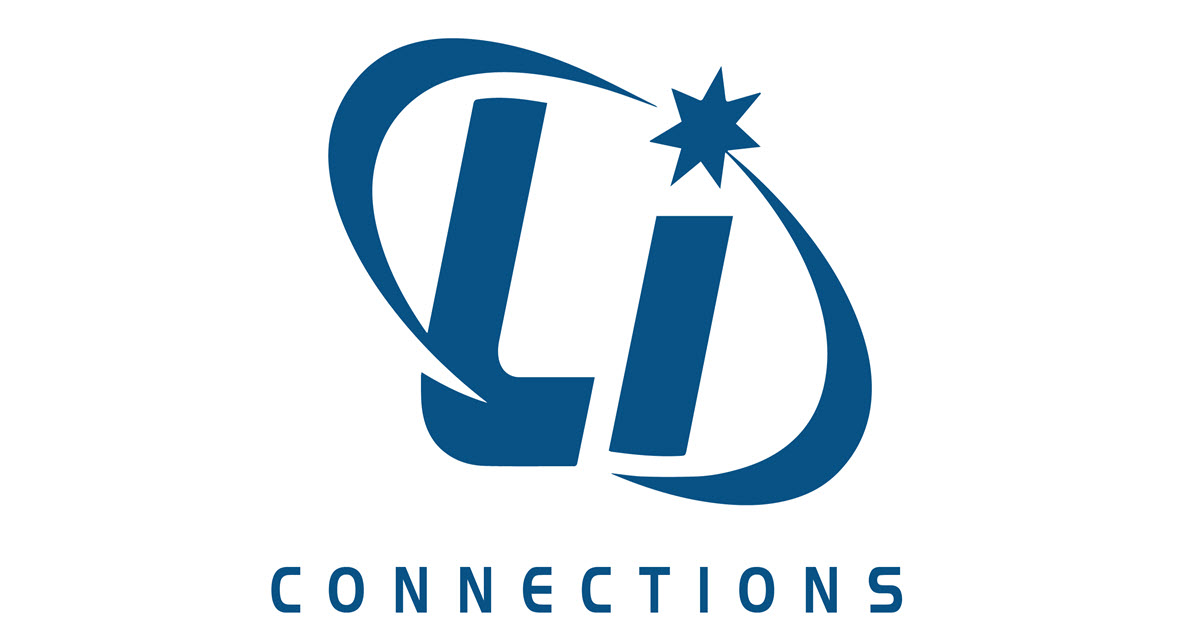Using Social Media to Support Entrepreneurship in Rural Communities
What are we talking about? We have used a three-part process in working with local entrepreneurs: (1) Skill building training sessions on how to use tools like Facebook and Twitter; (2) One-on-one technical assistance with interested business owners on developing their strategies; and (3) “Social media networking” events where people talk about the problems they are facing and learn from each other.
We want to share a few lessons we have learned from our efforts.
1) Start small. It is tempting to jump into the social media pool with both feet, but we’ve learned that dipping your toes in the water is a more manageable way to get started. Pick one tool, and master it before you try to take on others. Starting small also allows you to better manage the time you’re investing in social media.
2) Social media is not about advertising. It’s about building relationships, building trust, engaging your customer base, and being a resource. This is a paradigm shift that some businesses have struggled to embrace. New ways of doing things take time.
3) The Curse of Knowledge can be a barrier to teaching. Dan & Chip Heath write about this in their book Made to Stick. The more we know about a subject, the more difficult it is for us to communicate the subject effectively with our audience. It’s important to communicate with people at their comfort level.
4) Branding work should come first. Social media is a great tool for building stronger brands, but if your business or organization doesn’t understand it’s brand, social media isn’t going to help.
5) Push through the discomfort. It’s tempting to stop (or never start) using social media when you realize that you are opening yourself up to the world in a new way-”you mean people can write whatever they want on our wall?” But, often rewards await those who push through the discomfort of the unknown. You can always change your settings if you encounter a problem, but in the mean time you may be surprised at the trust that is built with your customer base if you are open and willing to talk about the good and bad sides of your businesses. Where else are you able to hear what people are really thinking? Use it to your advantage to build better products and better service.
Helping businesses in our community with social media strategies has been fun, but it’s been challenging. We’re not social media experts, so we feel like we’ve extended beyond our skill level. Whenever these inadequacies get me down, I just remind myself; “At least we’re trying! If we don’t help, who will?”
That’s why sharing opportunities like Grassroots & Groundwork are important. We’re willing to stick our necks out and share what we know with the hope that others will share with us. That’s what we mean when we say “building a deeper conversation about rural.” Whether you attending the conference or not; whether you are a social media expert or novice; whether you work in rural or urban community; you have valuable information to contribute. And we hope you’ll take this opportunity to share a bit of what you’ve learned by sending a comment.
Referenced: http://rural-research-network.blogspot.com/2011/01/lessons-learned-lecons-apprises-using.html

